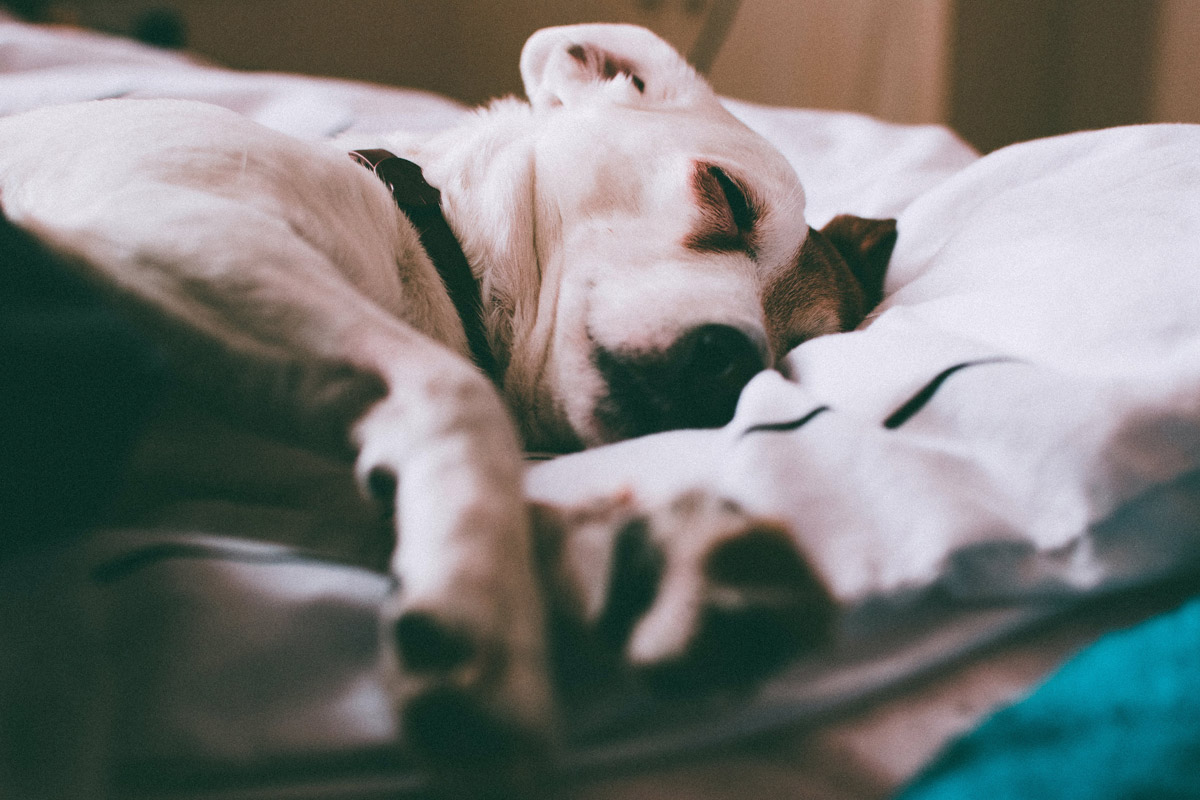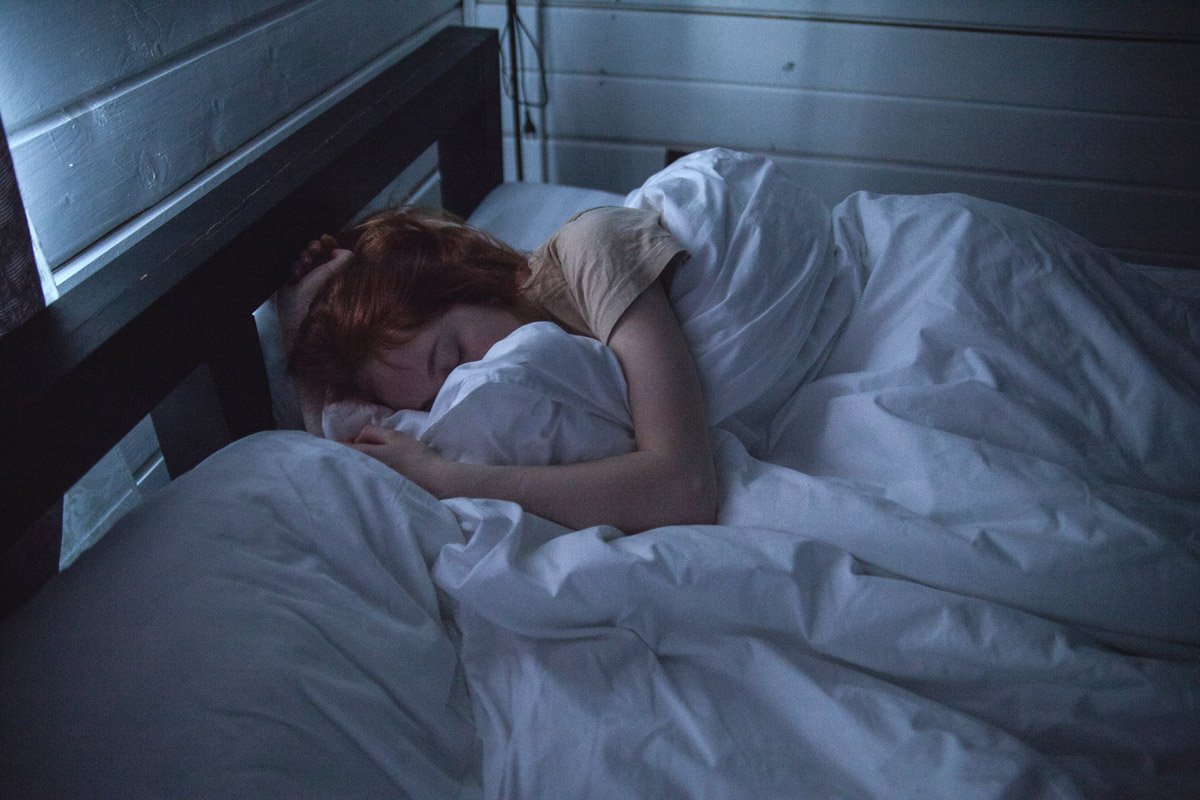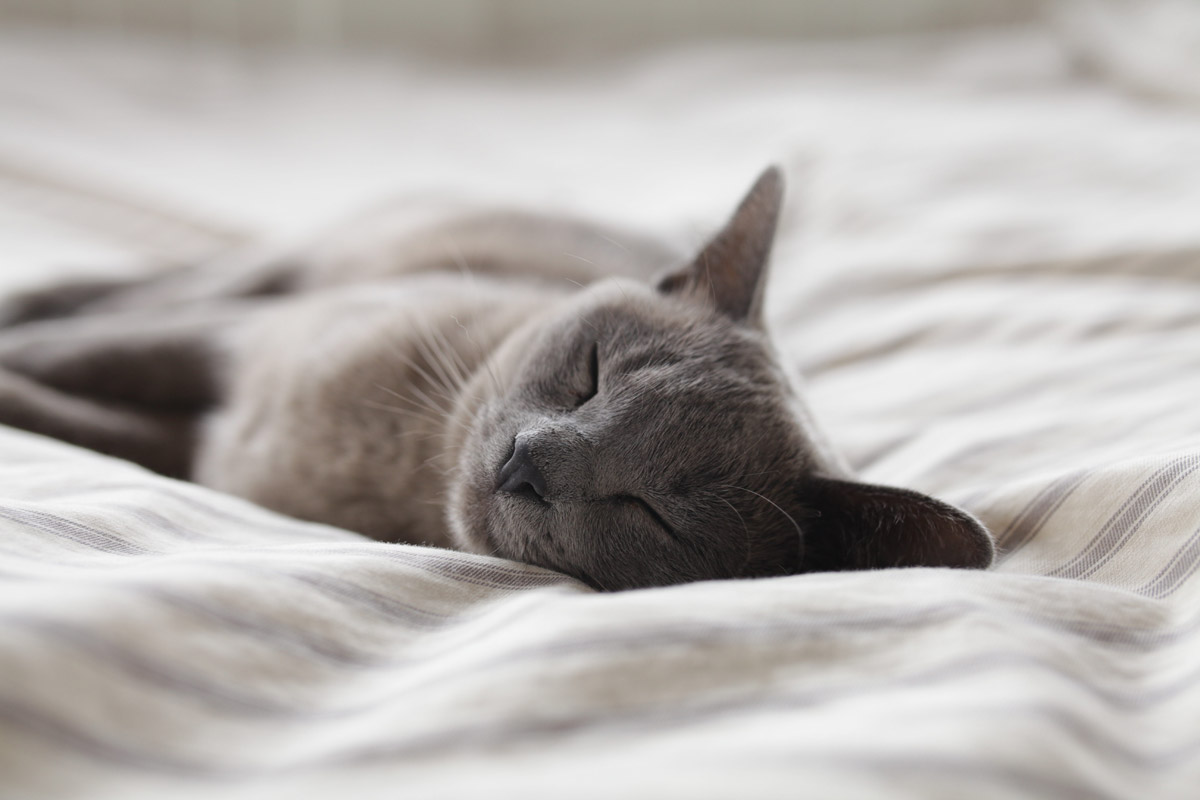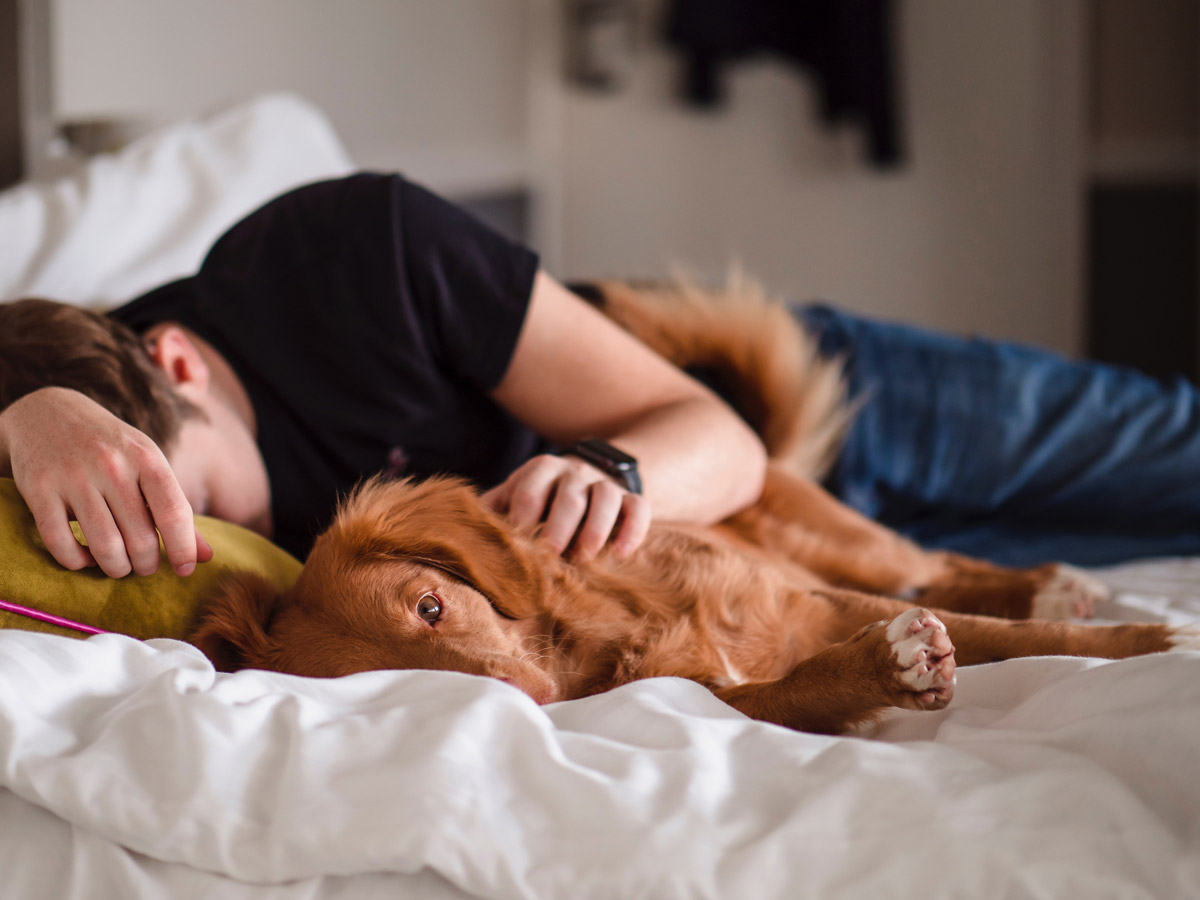
I only made one serious New Year’s resolution this year, and that was to get more sleep. It generally takes me a while to fall asleep, which can be frustrating. I’ve always been a night owl because I stay up until I’m exhausted to avoid laying in bed for ages, but as I get older, I realize that I need to completely change my routine and commit to going to bed earlier than I do now. Back in November, we talked about experts’ recommendations that having a consistent bedtime is key. In a new article, PopSugar talked with the director of the Indiana Sleep Center, who shared some good tips on how to fall asleep faster and what to do when you’re dealing with one of those nights of insomnia.
Limit or Avoid Alcohol Before Bed: Alcohol is a sedative, but while it may help you fall asleep, getting a solid eight hours after a boozy evening is another story. Research shows that alcohol may suppress REM sleep during your first two sleep cycles. This means that, even if you stay in Dreamworld all night long, you may wake up feeling like you spent the night aimlessly counting sheep. Since alcohol is a diuretic, a substance that increases fluid in the body, those couple glasses of wine may also spark a midnight pee break (or, let’s face it, a couple).
Create a Borderline-Extra Bedtime Routine: When we say that you need to dream up the kind of bedtime routine that makes other people roll their eyes, we mean it. Dr. Singh recommends creating a wind-down ritual that includes a candle-lit shower, journaling, breathwork, reading, and any other activity you find relaxing. No matter which pre-sleep practices you choose, make sure that your phone isn’t a part of the equation. “Reduce phone usage 45 min before bed and keep ambient light dim in the evenings,” says Dr. Singh.
Make Your Bedroom a Cave: Dr. Singh has a vision for the perfect bedroom vibe: it should be “dark like a cave, cool, quiet, and comfortable,” he says. Once you’ve completed your bedtime ritual and your eyelids start to droop, you can enter your cave-like chamber with its dim lighting, gravity blanket, sound machine, and whatever other cozycore you can think of. Having a space that’s only for sleep will signal to your brain and body that it’s time to shut down and restore.
Stick With Your Sleep Schedule: Here is perhaps the most hated of all sleep advice: you should be going to sleep and waking up at the same time every single night. Yes, even on the weekends, according to Dr. Singh. Keeping a strict sleep schedule reinforces your circadian rhythms, or how your body rests, awakens, and functions on a 24-hour cycle. Over time, staying true to this agenda will teach our bodies that we should be getting sleepy around, says, 10 p.m. and should be feeling up-and-at-’em around 7 a.m.
Don’t Stare at the Clock: While it may be tempting to look at your alarm clock and start doing mental gymnastics (“If I fall asleep in one hour, I’ll still get six hours of sleep.”), Dr. Singh and Murray both warn against all this mental math. Inevitably, some freshman-level algebra won’t help you drift off to sleep; it will stress you out and delay your journey toward rest. In fact, a 2023 study conducted by Indiana University found that time-monitoring behaviors caused frustration and sleep troubles among the study’s 5,000 participants. The lesson here? Turn your alarm clock away from you or, if you’re feeling bold, ban it from your bedroom entirely.
Have a Plan for When You Can’t Fall Asleep: We’ve all been there. Five minutes pass . . . then 30 . . . then 90. We’re still not asleep even though we’ve counted 12 dozen sheep and tried our trusty breathing exercise. If you find yourself in this position, it’s time to remove yourself from your cozy cave — difficult as it may be — and head to a more neutral part of the house. Why? Staying in your bedroom when you can’t sleep may create a negative, sleepless association with that place, which is the last thing we want.
Once you settle into the couch, engage in a hobby or activity that’s enjoyable but not overstimulating. For example, maybe you read a poem or two or engage in some light stretching. What you don’t want to do is dive into the romance book you’re currently obsessed with or turn on the television. Remember, the whole point of this little midnight intermission is to make you start to feel sleepy, not to get you so riled up that you vow never to sleep again. Go ahead and return to your bedroom when you feel like you can no longer keep your eyes open. And hopefully, with some luck, you’ll drift off without an issue.
I think what I’m best at doing is making my bedroom a cave and worst at sticking with a sleep schedule (which is how I got here, folks!). I started using a sleep mask about a year ago and that was actually a game-changer with helping me stay asleep. I need it to be pitch black to fall asleep but there’s a hallway night light for my kids that shines into my room that distracts me. I totally recommend trying one. My older son uses one too and it’s helped him a lot, as well. I have also found that tea is a diuretic and as much as I love a good sleepytime tea, it always makes me have to use the restroom like three times before I fall asleep and then again in the middle of the night. One final thing that Dr. Singh mentioned was to seek help from an expert if you continue to have trouble sleeping after you form better habits. That way, they can test you for disorders or any other health issues that may be affecting you. Here’s to 2024 and all of us night owls and insomniacs getting more sleep this year.
photos credit: Lisa Fotios and Ivan Oboleninov on Pexels, Alexander Possingham and Jamie Street on Unsplash














Appreciated this article, but have one question: do some people just need 6 hours of sleep, or should everyone have 8?
I think either are fine, you just have to have complete REM cycles. I’m not an expert though.
Dang, no one should have to work night and day shifts in the same week.
I hate this and I refuse to do it, but don’t sleep with your pets. They’ll wake you up or you won’t sleep well trying not to wake them.
I mean…the same could be said about spouses and children too.
My spouse is infinitely more disruptive to my sleep than our pets! The pets also help me feel calm and comforted if I wake up in the middle of the night; I love being able to reach over and pet them until I fall back asleep, and they clearly love it too.
I will beat this drum until my sticks break: sleep hygiene is KEY! I’ve been wearing an Oura ring for 3 years and its best function is just reminding me when I need to wind down and when I need to get my tush in bed. For many people, getting more sleep is a nice to have; for those of us trying to stay in remission from an aggressive immune system cancer, its life or death. When I start to miss my regular bedtime is when I get sick – like any bug that is floating around, and that is, in my case, life threatening. The Oura ring is expensive and I suppose an alarm reminder on your phone would do just fine., but I encourage everyone to commit to that.
This is great advice for morning people, somewhat helpful for people who are in-between and mostly unhelpful for night owls (which is a genetic thing, so no use trying to change that with routine, you’ll still feel like shit in the morning because your body clock gets active much later) who work 9-t0-5s because that’s how society is mostly wired.